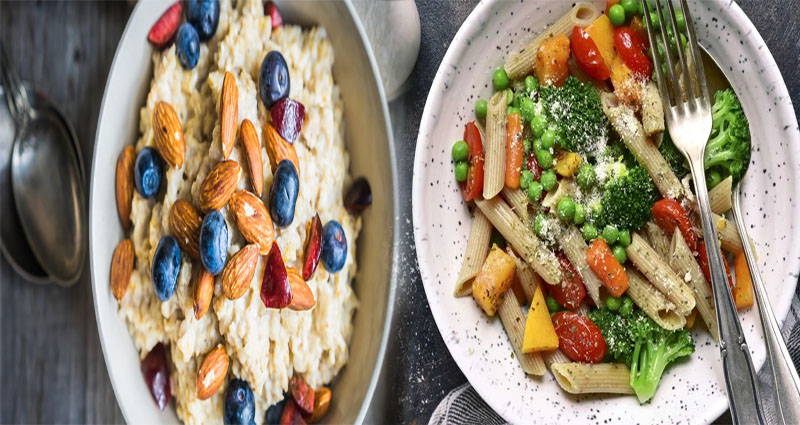Types of Sports Nutrition
In the realm of sports nutrition, there is a broad spectrum of products designed to enhance performance, recovery, and overall health. From protein powder to collagen supplements, understanding the different types of sports nutrition can help athletes and fitness enthusiasts make informed decisions. This article will delve into various types of sports nutrition, focusing on products like protein powders, collagen supplements, and offerings from brands such as Maxler and Vital Proteins.
Protein Powders
Protein powders are a staple in sports nutrition, providing a convenient and efficient way to increase protein intake. They are essential for muscle repair and growth, making them popular among athletes, bodybuilders, and fitness enthusiasts. Protein powders come in various forms, including whey, casein, and plant-based options like soy, pea, and rice protein.
Whey Protein: Derived from milk, whey protein is quickly absorbed by the body, making it ideal for post-workout recovery. It contains all nine … Read More














